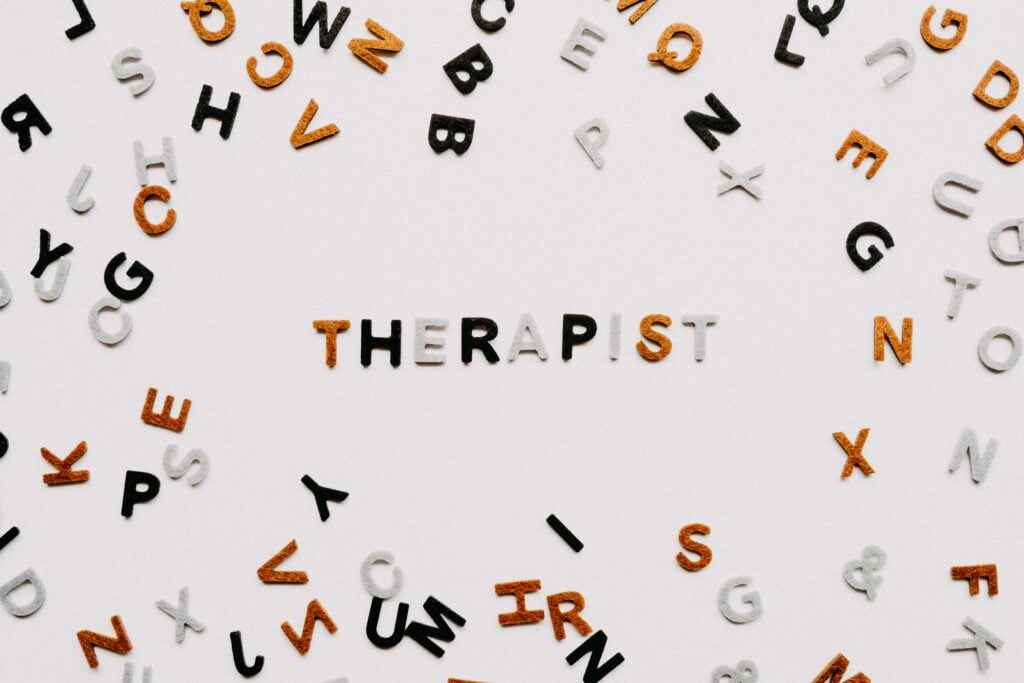A traumatic birth experience can be tough on your mental health. Below we’re going to be taking a look at four recovery tips to help you.
A traumatic birth experience can have substantial physical, emotional and mental consequences. For many people, it can take a long time to fully recover from the event. When dealing with a traumatic birth experience, it’s important to put strategies and tips in place to try and move forward as best you can in the wake of the event.
Getting in contact with birth injury lawyers is a great place to start. They can help you get the support you deserve financially. That said, the emotional toil this will have on you is something that you’ll also need to deal with.
It’s important to make sure that you make a full emotional and physical recovery, so below we’re going to look at four tips to help get you back to your normal self after a traumatic birth.
1. Try Not to Judge Yourself
When a birth experience becomes a traumatic event, it can be upsetting. A lot of people blame themselves and judge their actions throughout the pregnancy and delivery. The truth about a traumatic birth is that it can happen to everyone, which is what makes it such a difficult experience to deal with.
Try to be proud of handling the experience and acknowledge that it is normal to feel this way right now. It’s understandable if you’re upset, angry or still anxious about what happened.
2. Get Professional Support and Help
Getting professional help and support is important for anyone who wants to deal with the mental health impacts of a traumatic birth experience. It’s okay to get help for an event like this – nobody will think less of you for doing so.
When getting help, it can be important to build a support network to give you the safe space you need. Friends and family are your support during this difficult period, so don’t be afraid to lean on them. If you’re recovering from a traumatic physical event like an emergency cesarean section, then they can help you perform normal tasks.
3. Remember your Relationship with your Partner and Baby
When someone experiences a traumatic birth, it is perfectly normal for them to isolate themselves from their partner and a newborn while they try to deal with the event. If you’re feeling isolated, you need to take steps to deal with this.
It’s true that your partner might not be able to understand what you’ve gone through. Perhaps they simply won’t get it. However, they can still provide you with emotional and physical reassurance. Don’t automatically assume they won’t understand – nearly all partners will want you to be okay.
Regarding your relationship with your baby, this is a little more difficult to mend. You need to understand that your baby didn’t set out to hurt you. It isn’t your fault or theirs; this was an event that could have happened to anyone. Assigning blame is going to hurt your healing process.
4. Understand What Happened to You
Arguably one of the biggest reasons why a birth experience is traumatic is because you don’t know what happened. From your perspective, things went horrifyingly wrong, but you don’t know exactly how it all happened.
Understanding what happened and having the experience explained to you can be a big part of dealing with things and recovering your mental health. If what happened to you is the result of medical negligence, for example, then you need to know to seek the compensation you deserve.
Recovering From Traumatic Birth
Trying to deal with a traumatic birth experience can be hard. It’s not your fault, and you shouldn’t blame yourself for what’s happened. A traumatic birth can affect anybody. Your mental health has to take priority when dealing with a traumatic birth experience. It’s normal to be upset and angry with the situation. You have to try and move past that for the sake of protecting your mental health.
Remember that you have friends and family who will support you during difficult times. They have your best interests at heart, which means they will be here to help you figure out what to do. Telling them about your experience can help you deal with it, and it means you won’t feel quite so alone.
Please be advised that this article is for general informational purposes only, and should not be used as a substitute for advice from a trained legal professional. Be sure to consult a medical lawyer/solicitor if you’re seeking advice on professional negligence. We are not liable for risks or issues associated with using or acting upon the information on this site.
Image 1: https://unsplash.com/photos/98__MsKaUsI





1 comment
Finding video chat therapy on a website was a game-changer for me. I had been hesitant about traditional therapy settings and wanted a more convenient and comfortable option. Luckily, I discovered a website that offered video chat therapy with licensed therapists. The platform provided https://us.calmerry.com/video-chat-therapy/ a secure and confidential environment where I could have therapy sessions from the comfort of my own home. The video chat feature allowed for face-to-face interaction, enabling a deeper connection with my therapist and making the therapy experience more engaging and effective.